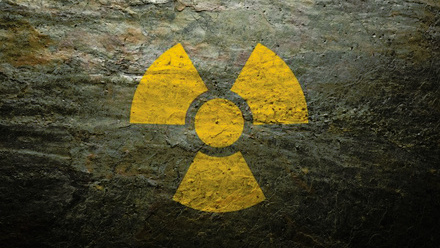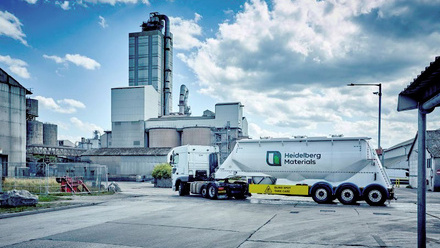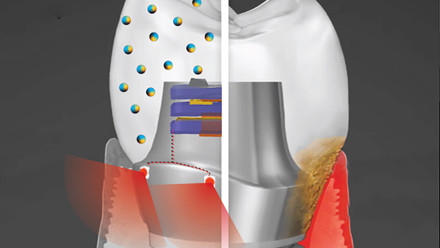University of Glasgow to build nano-analysis hub
It will the only atom probe tomography (APT) facility to specialise in space science, claims the Scottish university.

The Space Nanomaterials Atom Probe (SNAP) will also be the UK's only facility with accessible 'next-generation atom probe equipment', and the first of its kind in Scotland, says the University of Glasgow.
Once the SNAP facility opens in 2028, it will also help to provide insights into the composition of materials, which will enable advanced devices for the quantum, semiconductor and energy sectors.
APT uses an ultra-precise laser to shear off individual atoms, which are then pulled into a detector and analysed for information about both their chemical composition and their original position in the material. The data collected by the process produces a highly detailed 3D atomic model of the original sample.
The SNAP facility will help scientists to see in exquisite detail how materials developed to withstand the rigours of future space missions react to long-term exposure to vacuum, along with extreme changes in temperature and exposure to harsh radiation, comments the University
UK Research and Innovation's (UKRI’s) Engineering and Physical Sciences Research Council has provided the University with £5.3mln to support the on-campus facility.
Dr Luke Daly, of the University of Glasgow’s School of Geographical & Earth Sciences, says, 'The UK’s booming space sector will benefit from access to SNAP, which will provide new insights into how materials are affected by space weathering. When satellites and other space infrastructure are exposed to radiation, solar wind and cosmic rays in space, they can fail. By visualising this damage at the atomic scale, we can develop new materials that are more resilient to these challenging conditions.'







